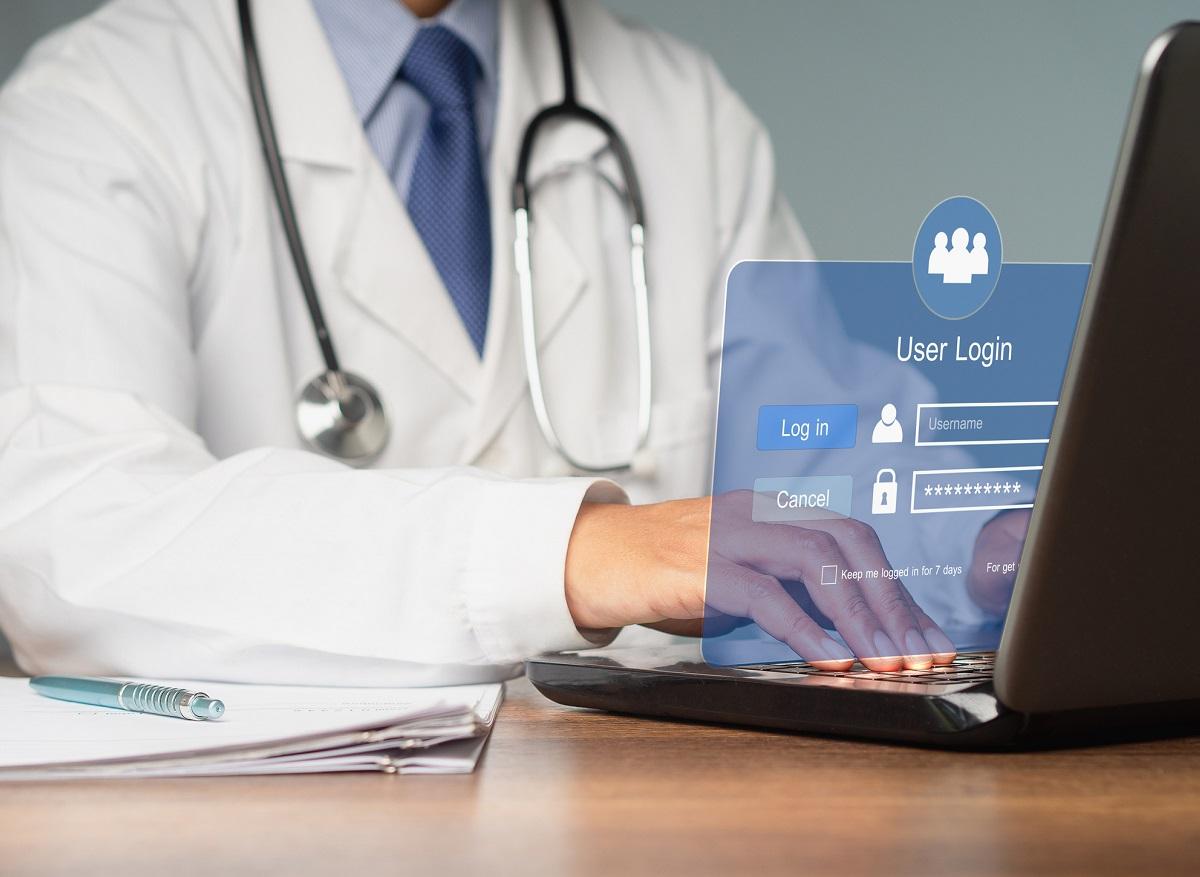Telemedicine, the use of technology to deliver healthcare remotely, has become an integral part of our modern healthcare system. However, this advancement comes with significant challenges, particularly regarding patient data privacy.

- The sensitive nature of health data: Health data is extremely sensitive and its protection is essential to avoid stigma and discrimination.
- Increased risks of cyberattacks: The increased use of digital technologies exposes health data to cyberattacks, requiring enhanced security measures.
- Regulatory complexity: Navigating complex data protection regulations is crucial to ensuring compliance and security in telemedicine.
With the COVID-19 pandemic, its adoption has accelerated rapidly, making healthcare services more accessible and convenient. Telemedicine encompasses a variety of healthcare services delivered remotely via information and communication technologies. This includes online consultations, remote patient monitoring, transmission of diagnoses and test results, and communications between healthcare professionals. By facilitating access to care, telemedicine improves the quality of life of patients, particularly those living in rural areas or who have difficulty traveling.
Health data is among the most sensitive information individuals possess. It includes personal details about medical diagnoses, treatments, medical history, and genetic information. Unauthorized disclosure of this information can have serious consequences, ranging from social stigma to employment and insurance discrimination.
Increased risks of cyber attacks
The increase in the use of digital technologies in telemedicine has also led to an increase in cyberattacks targeting healthcare systems. Hackers seek to access sensitive data for a variety of reasons, including identity theft, extortion, or selling data on the black market. Data breaches can compromise patient confidentiality and damage the reputation of healthcare institutions.
The complexity of regulation
Data protection in telemedicine is governed by a complex patchwork of laws and regulations, which often vary from country to country. Healthcare professionals and institutions must navigate this regulatory framework while ensuring compliance with rigorous security standards. This complexity can pose significant challenges for implementing effective privacy practices.
Specific risks in telemedicine
Technology infrastructures used in telemedicine, such as videoconferencing platforms and electronic medical record management systems, can be vulnerable to cyberattacks. Security breaches in these systems can allow unauthorized access to patient data.
The use of personal devices by patients and healthcare professionals to access telemedicine services increases security risks. Personal devices may not have the same levels of protection as institutional systems, making data more susceptible to compromise.
Lack of cybersecurity training among healthcare professionals is another major risk. Without a proper understanding of security practices, professionals can unintentionally expose patient data to risk. Continuing cybersecurity training is essential to protect healthcare data.
Strategies to protect data privacy
Adopting advanced security technologies, such as data encryption, multi-factor authentication, and firewalls, is crucial to protecting telemedicine data. These measures can help prevent unauthorized access and secure communications between patients and healthcare professionals.
Healthcare institutions should develop and implement robust privacy policies that clearly define how patient data is collected, stored, used, and protected. These policies should be compliant with local and international regulations and should be regularly updated to reflect technological and regulatory developments.
Cybersecurity awareness and ongoing training are essential for everyone involved in telemedicine. Healthcare professionals should be trained on security best practices, including password management, recognizing phishing attempts, and using personal devices securely. Patients should also be informed of potential risks and steps they can take to protect their information.
Collaboration between healthcare institutions, regulators, technology vendors, and cybersecurity experts is essential to strengthen data security in telemedicine. Best practices and technology solutions must be shared and implemented consistently to ensure a high level of data protection across the healthcare sector.
Telemedicine offers significant benefits for healthcare accessibility and quality, but it also poses significant challenges for data privacy. Protecting sensitive patient information is crucial to maintaining trust in telemedicine services and preventing negative consequences from data breaches. By implementing advanced security technologies, developing robust privacy policies, providing ongoing training, and encouraging inter-institutional collaboration, we can improve data security and protect patient privacy in the digital world.













